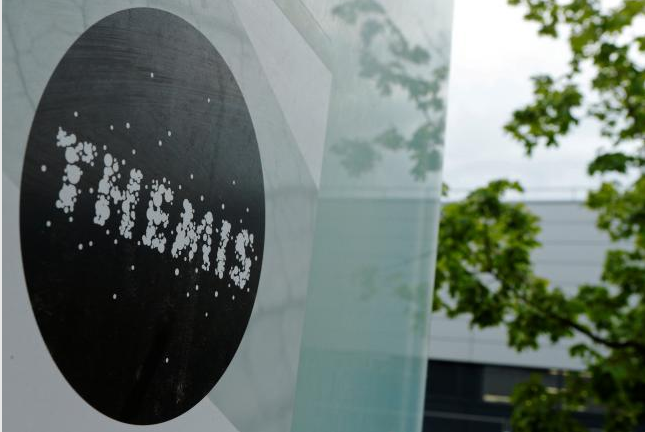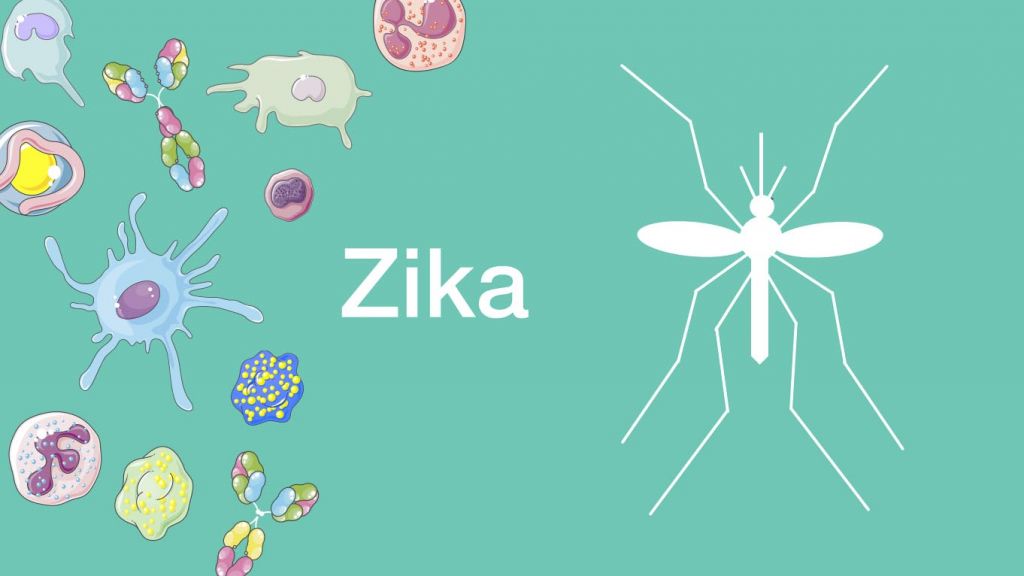Themis is a Vienna-based vaccine developer. Together with the Institut Pasteur, it is now planning to use a measles vaccine construct to develop and start Zika vaccine trials within the next 12 months.
 Themis has successfully extended its existing license agreement with Institut Pasteur in Paris, which grants the company a broad access to a well-established virus vaccine vector technology.
Themis has successfully extended its existing license agreement with Institut Pasteur in Paris, which grants the company a broad access to a well-established virus vaccine vector technology.
The safety and tolerability profile of Themis’ vector was already proven in a Phase I trial when the two partners used the technology platform for the development of a first-in-class Chikungunya vaccine, which will enter into Phase II later this year.
Now the platform will also be applied for the development of a Zika vaccine, a high priority project within Themis’ pipeline.
The technology uses a measles virus vaccine backbone, built from Tehmis’ Themaxyn platform. Since measles vaccines have already been successfully used in well over a billion individuals over the last 30–40 years, this suggests an excellent safety and immunogenicity profile, as well as an efficient production process.

There have been a variety of approaches attempting to guard against transmission of the virus. Just last week it was also announced Sanofi was teaming up with the US army to develop their new Zika vaccine, whilst Innovio got FDA approval for a Phase I trial – the leader in the race.
After it appeared that GSK had abandoned the idea of a Zika vaccine, the Big Pharma competitor affirmed its ranking within the race last week too. This is also on the back of a political resurgence in Zika interest, after US President Obama gave a speech on the urgency for Zika research and funding.

Just today it was also announced that the UK biotech Oxitec’s trial testing genetically engineered mosquitos to control infectious disease spread (in this case, Dengue Fever) in a Brazilian city has reaped incredible results.
Since both Dengue fever and Zika virus are spread by the same mosquito species in these regions (Aedes aegypti), the potential for indication cross-over in these vector control trials is exciting.
The US also ‘reassigned’ an emergency $1.9Bn Ebola research fund to tackle such mosquito control and a Zika vaccine. It therefore feels like although resources are being stretched thin, progress is still being made in the worldwide collaboration to stop the Zika induced Microcephaly-epidemic.
An NIH update on the US spread of the Zika virus with Obama (May 20th).
Feature Image Credit: Remix of CC 3.0 Materials (Source: Servier) by Labiotech





